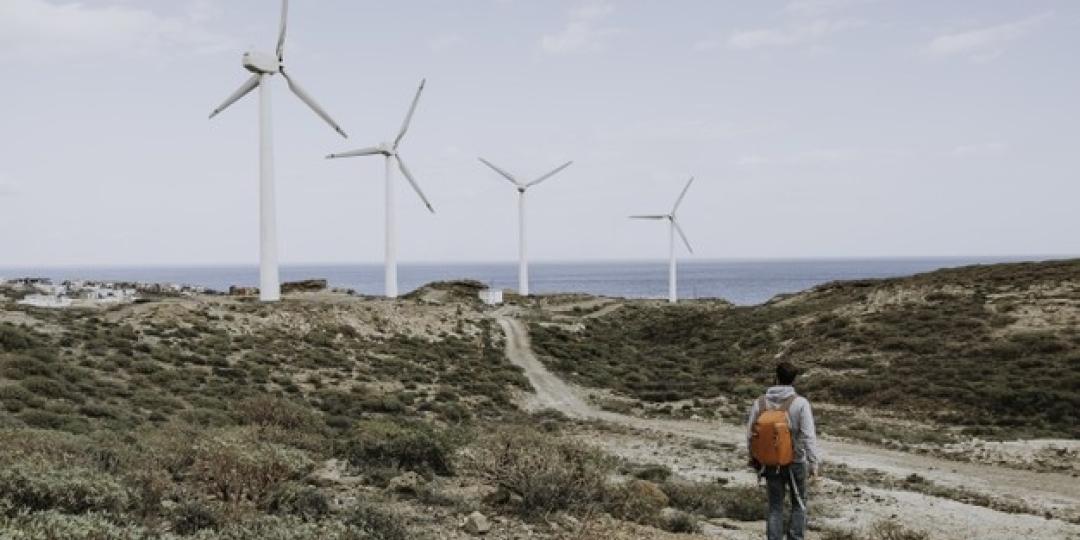The South African Wind Energy Association (SAWEA), recently signed an MOU with the Energy and Water Sector Education Training Authority (EWSETA), enabling SAWEA’s Wind Industry Internship Programme (WIIP).
The WIIP will provide young professionals who have recently completed a degree or those undertaking graduate programmes, with the opportunity to gain practical work experience, whilst exposing them to works related to sustainable energy solutions. As well as building capacity in the students, the programme will benefit the wind power sector as the pool of qualifications and specialisations increases.

“This programme will also enable SAWEA to deliver on its ambitions of developing a thriving commercial wind power industry that is recognized as a major contributor to social, environmental and economic security in South Africa,” explained Lindo Sibiya, Programmes Manager for SAWEA, adding that the international wind energy environment would open up too for the students.
As the country embarks on a period of exponential renewable energy procurement, the demand for qualified and skilled talent is growing. Hence, the programme will look to satisfy the sector’s need for a rising pool of qualified potential candidates in the very near future.
SAWEA anticipates jobs in manufacturing, logistics, finance, construction, and operational phases becoming available as Bid Window 5 and subsequent bidding rounds roll out. These comprise of professional services, business services and sales. Requirements include engineering, project management, project development, and skills in environmental authorizations, amongst others. Direct jobs can already be seen through the employment drives that have been undertaken by various companies operating in the renewables sector.
“So, as we gear up for this period of growth, we also look to the WIIP to enhance the visibility of the South African wind industry and its local skills development activities, whilst helping to achieve energy transformation imperatives, particularly on gender, race and youth,” concluded Sibiya.















